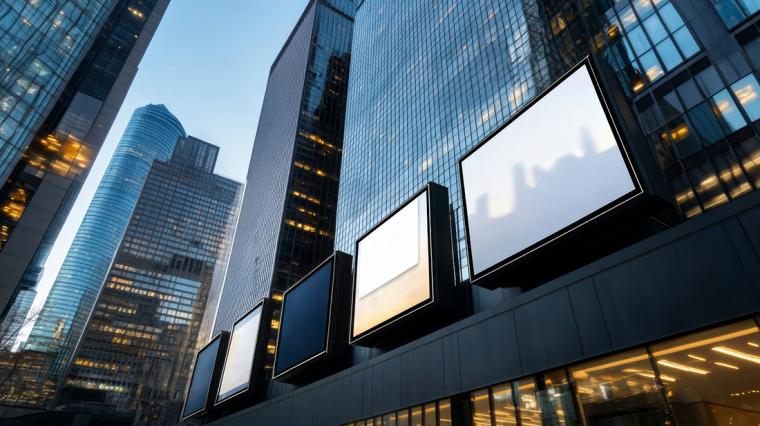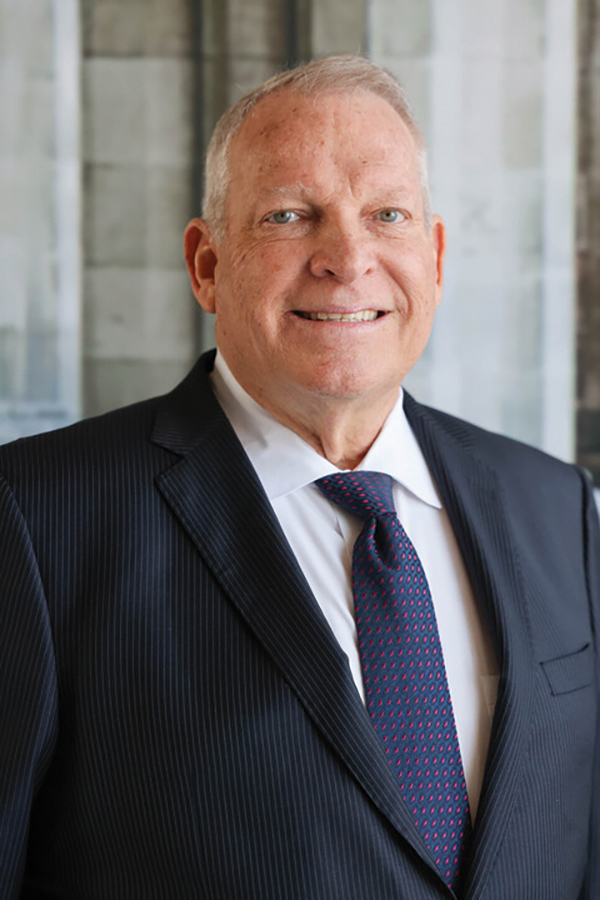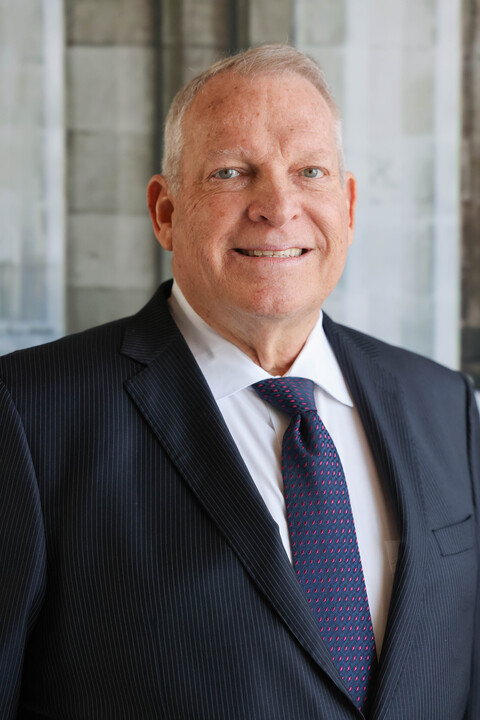

No aspect of a company impacts its success more than its brand, or image. Further, authenticity is a powerful force that shapes perception and trust. When developing company headquarters sites, these elements must be deeply embedded in the project’s foundation.
North America’s commercial real estate (CRE) market is undergoing a significant shift, driven largely by rapid technological innovation and changing attitudes toward remote work. This has heightened competition among multi-tenant properties vying to attract corporate HQs especially.
Office appeal isn’t just about location, size or shiny new floors anymore; it’s about creating spaces that stand out and resonate with each business’s key audiences. When it comes to the workforce in particular, companies are still pivoting post-COVID. Some are approaching this issue with a stick, requiring a return to work in the office, while many others are more focused on the carrot, fostering environments that encourage employees to spend more time in the office and seeking properties that offer dynamic, amenity-rich campuses.
As a result, the demand for greater differentiation in today’s commercial office market is intensifying, requiring developers to create unique, compelling environments to remain competitive.
Enhancing Appeal with an Experiential Focus
Developers should consider the cultural and social landscape surrounding their office buildings to boost their appeal. By designing spaces that seamlessly blend work and leisure, developers can position commercial properties in areas that offer easy access to amenities, transit and culture.
In regions where well connected, urban neighborhoods are hard to come by, developers can recreate this neighborhood atmosphere on the property itself by adding features like coffee shops, restaurants and shared spaces. Wellness features, such as fitness centers or green spaces, can further elevate the workday experience.
Companies with significant international business can effectively communicate their brand and role in trade. Authentic messaging to employees and customers is key, while amenitization and programming further strengthen brand development.
Facilitating Global Expansion Opportunities
Developers seeking to serve tenants’ needs for expansion and business growth can also take different paths to further differentiate their properties. Office buildings that align with larger business networks offer tenants more than just space; they provide access to a broader ecosystem of businesses and help convey key messages about their business by association.
By positioning properties within these global networks, developers provide a significant business growth incentive, enabling tenants to leverage opportunities for international collaboration to expand their reach in key markets.
Sustainability as Long-Term Value
Around the world, policy requirements are shifting sustainability issues, and the issue remains a key priority for many businesses still focused on corporate social responsibility. Buildings with sustainable features, such as LEED certifications, energy-efficient systems and eco-friendly materials, are not just a passing trend; they can help a business attract a workforce in today’s tight labor market.
These features also provide long-term operational savings and lower energy costs. Office towers and other commercial and residential components that embrace these sustainable features are not only appealing to tenants today, they also position themselves for lasting success by fostering a more responsible, cost-effective and future-proof environment.
Meeting the Demands of the Future for Differentiation in Commercial Office Space
The trend toward globalization and integrated economies seems to have encountered irreversible headwinds. It will be crucial for cities and countries to position themselves individually for global trade. Brand and reputation will be key to distinguishing a project in a competitive market or country.
The demand for greater differentiation in today’s commercial office market will only intensify as interest rates continue to find their new normal, and developers must focus on creating unique, compelling environments to stay competitive. Companies now want more than just a location. They are looking for spaces that support collaboration, enhance employee experience and align with strategic goals. T&ID
Contributor: Charles H. Johnson is a nationally regarded real estate consultant with over 30 years of experience in the real estate, hospitality, convention and sports consulting fields. He is one of seven partners who hold the license for World Trade Center (WTC) Chicago and serves as the Global Chair for the World Trade Centers Association (WTCA) Real Estate Member Advisory Council (MAC).

